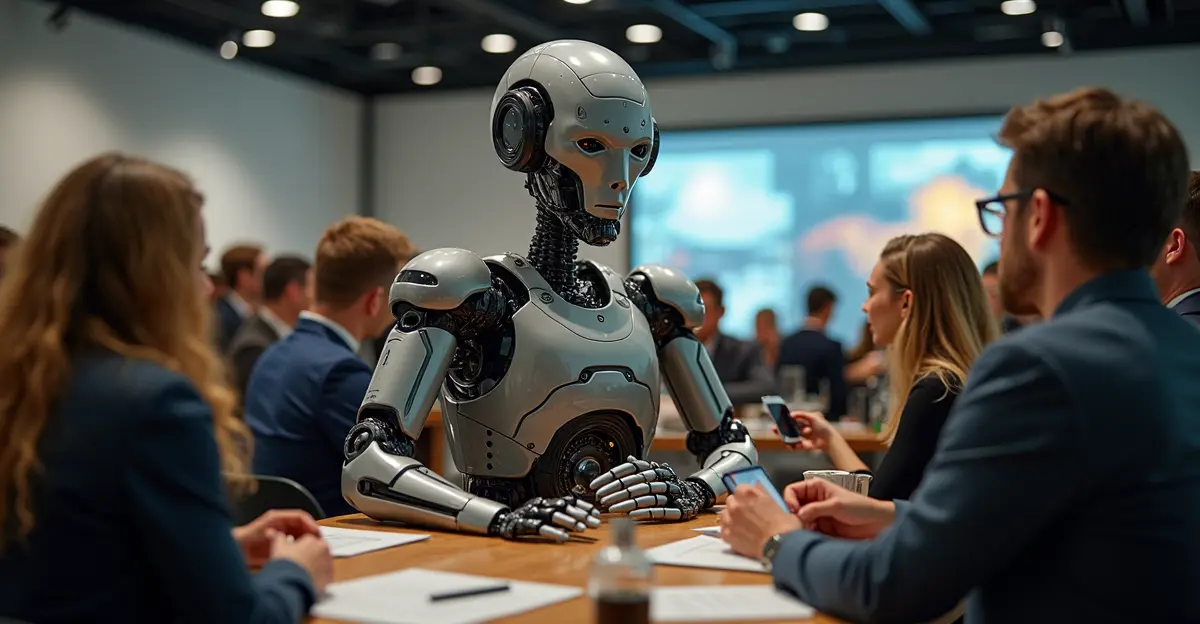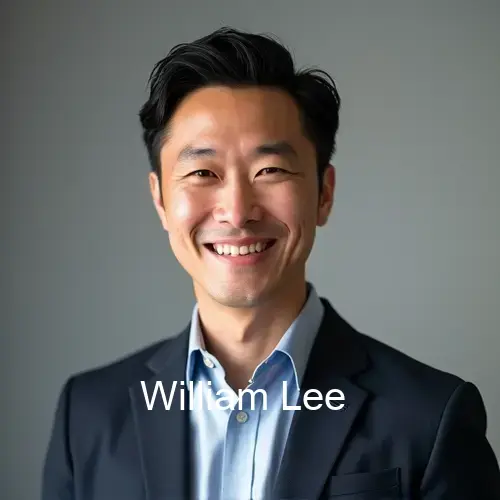
Legal Battle Intensifies Over AI Training Data
A coalition of visual artists and creators has filed a landmark class-action lawsuit against several major artificial intelligence companies, alleging widespread copyright infringement through the unauthorized use of their creative works to train generative AI models. The lawsuit, filed in federal court, represents one of the most significant legal challenges to the rapidly expanding AI industry.
The Core Allegations
The plaintiffs claim that AI companies including OpenAI, Stability AI, and Midjourney systematically scraped millions of copyrighted images from the internet without obtaining proper licenses or compensation for artists. According to court documents, these companies used protected artworks to train their image-generation models, enabling the AI systems to create new images that allegedly mimic the distinctive styles of the original artists.
Fair Use Defense Questioned
AI companies have typically defended their practices under the "fair use" doctrine of copyright law, arguing that training AI models on publicly available data constitutes transformative use that doesn't harm the market for original works. However, artists counter that the AI systems are essentially creating commercial products that compete directly with human creators.
"This isn't about limiting technological progress," said lead plaintiff Sarah Johnson, a digital artist. "It's about ensuring that creators are fairly compensated when their life's work is used to build billion-dollar corporations."
Industry-Wide Implications
The case could set crucial precedents for how copyright law applies to artificial intelligence training. Legal experts note that the outcome may determine whether AI companies need to obtain licenses for training data or if current fair use protections are sufficient.
Recent court decisions have shown mixed results. Some judges have been skeptical of broad fair use claims, while others have acknowledged the transformative nature of AI training. The U.S. Copyright Office has also been examining these issues, with new guidance expected in the coming months.
Financial Stakes Are High
The lawsuit seeks both monetary damages and injunctive relief that would require AI companies to remove infringing content from their training datasets. Given the scale of alleged infringement, potential damages could reach billions of dollars across the industry.
Many artists report that their distinctive styles can now be replicated by AI systems with simple text prompts, potentially undermining their ability to earn a living from their creative work. The case highlights the tension between technological innovation and intellectual property rights in the digital age.
What's Next
The defendants have 30 days to respond to the complaint, after which the court will establish a schedule for discovery and potential motions. Legal observers expect this case to eventually reach appellate courts, possibly even the Supreme Court, given its fundamental questions about copyright in the AI era.
Meanwhile, some AI companies have begun exploring licensing agreements with content creators and implementing opt-out mechanisms for artists who don't want their work used in training datasets. However, critics argue these measures don't go far enough to protect creators' rights.

 Nederlands
Nederlands English
English Français
Français Deutsch
Deutsch Español
Español Português
Português


